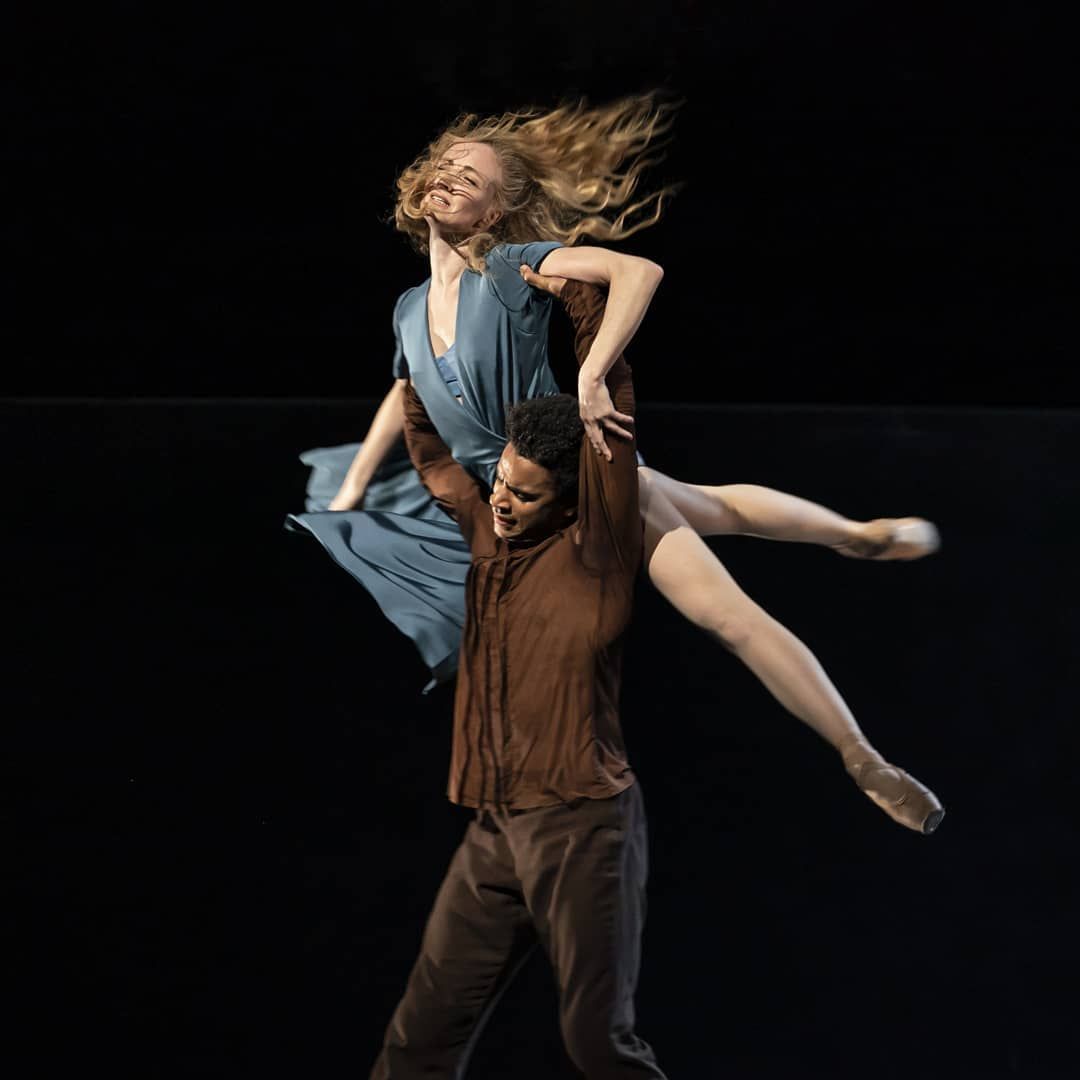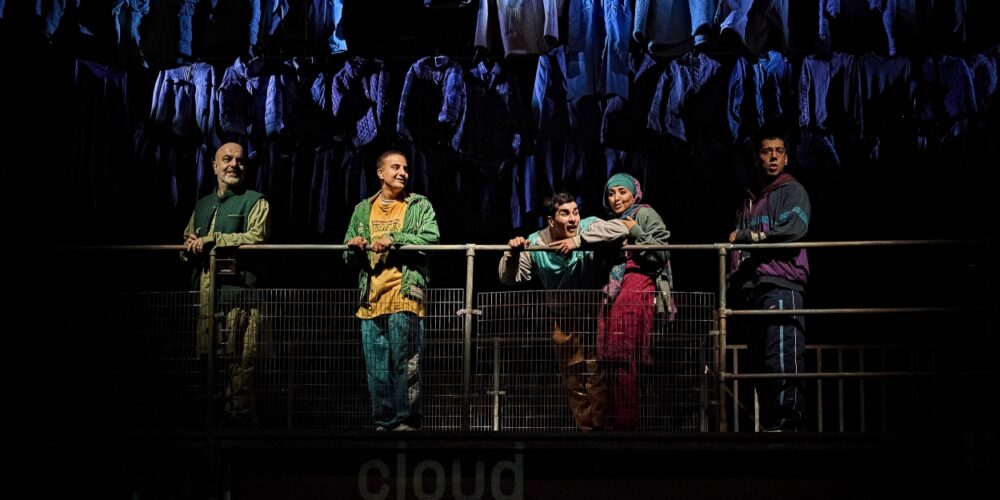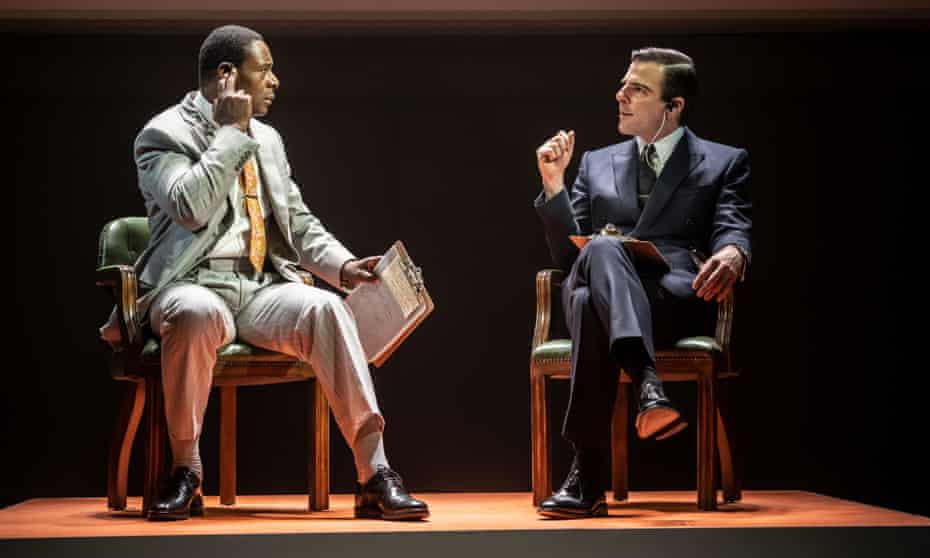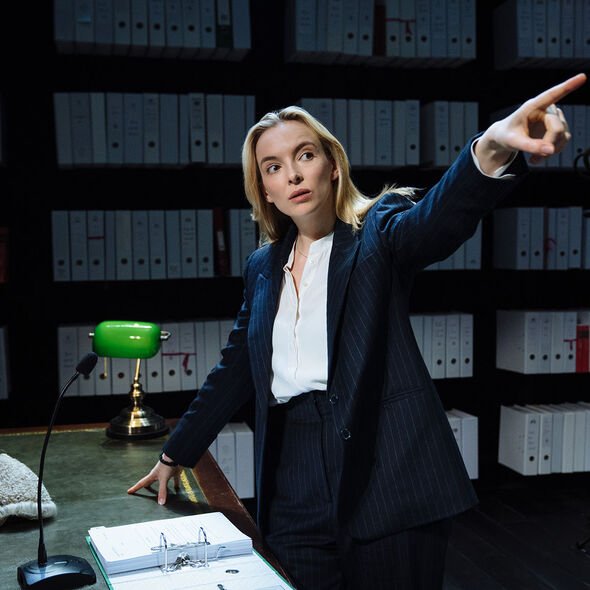I’ve streamed Yaël Farber’s ‘Salomé’
Not so long ago, I watched the 1950 film version of Sunset Boulevard for the first time. The plot includes Norma Desmond writing the script for a new film about Salome, the biblical character who requested the beheading of John the Baptist. This became the subject of Oscar Wilde’s 1891 play.
I know nothing about Salome, but I do know something about throwing myself into things, so I decided to stream Yaël Farber’s 2017 play based on her story. Farber took the Wilde play and added some ancient Arabic and Hebraic and came up with… Salomé.
This is a one-act play lasting about an hour and a half. It felt like the whole thing was shouted, except for the occasional bit which was screamed. I think this might be an attempt at ‘urgency’ or high emotion, but it is exhausting. I also had no clue what was going on. It would be traditional in a post like this to summarise the plot, but the experience of seeing the show hasn’t adequately equipped me to do that.
It was, however, far from a complete disaster. The lighting and staging were incredible. Tuning out the unintelligible script, this was an absolute treat for the eyes, a bare-bones stage utterly transformed from moment to moment. There were numerous curtains, cascading sand, splashy-watery bits, a giant ladder, and gorgeously atmospheric lighting.
There were revolves which rarely stood still, even when their revolutions seemed to do more to distract than enhance. There are some stunningly camp bits of self-conscious tableau: they re-create Da Vinci’s Last Supper repeatedly, and even revolve that—I mean, who hasn’t wanted to see a representation of the last supper on a lazy Susan? It’s among the most exuberant staging I’ve ever seen, especially for only having a handful of bits of set.
There’s also a brilliantly sung soundtrack accompanying the whole thing.
I suspect there is a lot to like in this, and that—to be honest —most of it sailed above my head. If you’ve more idea of the background, you’ll probably get far more out of this than I did.
Salomé is available to stream on National Theatre at Home until at least December.
This post was filed under: Post-a-day 2023, Theatre, National Theatre, Yaël Farber.




